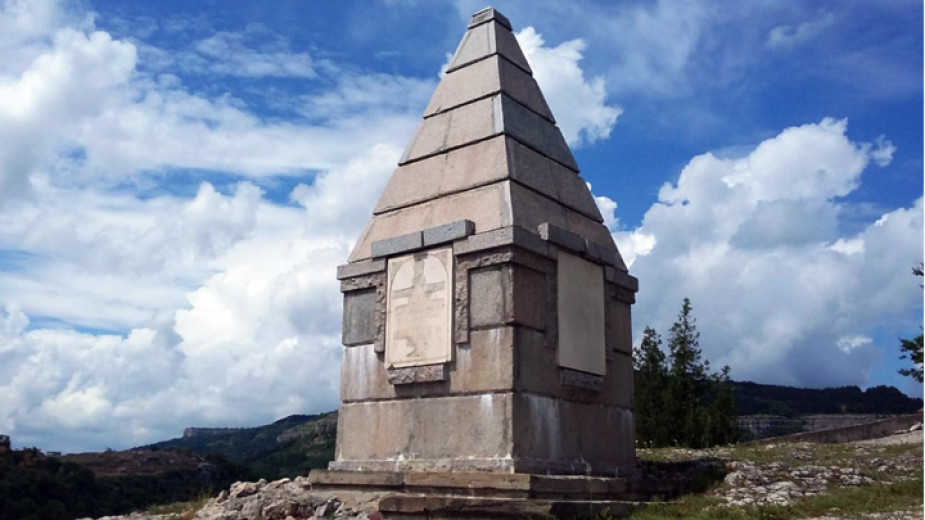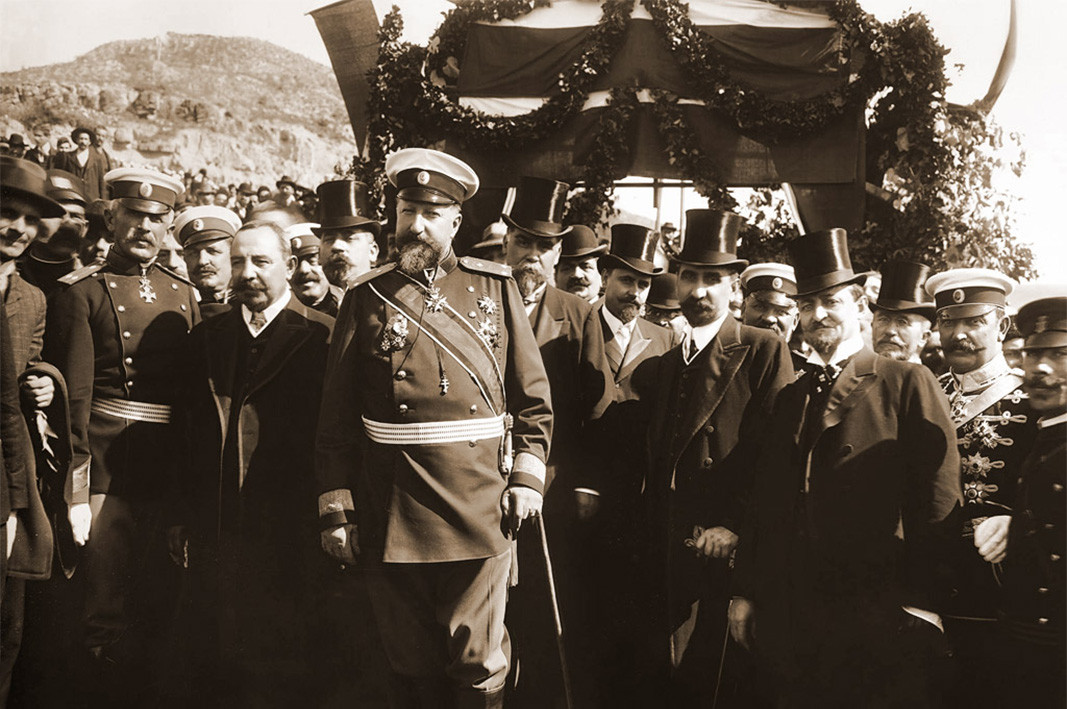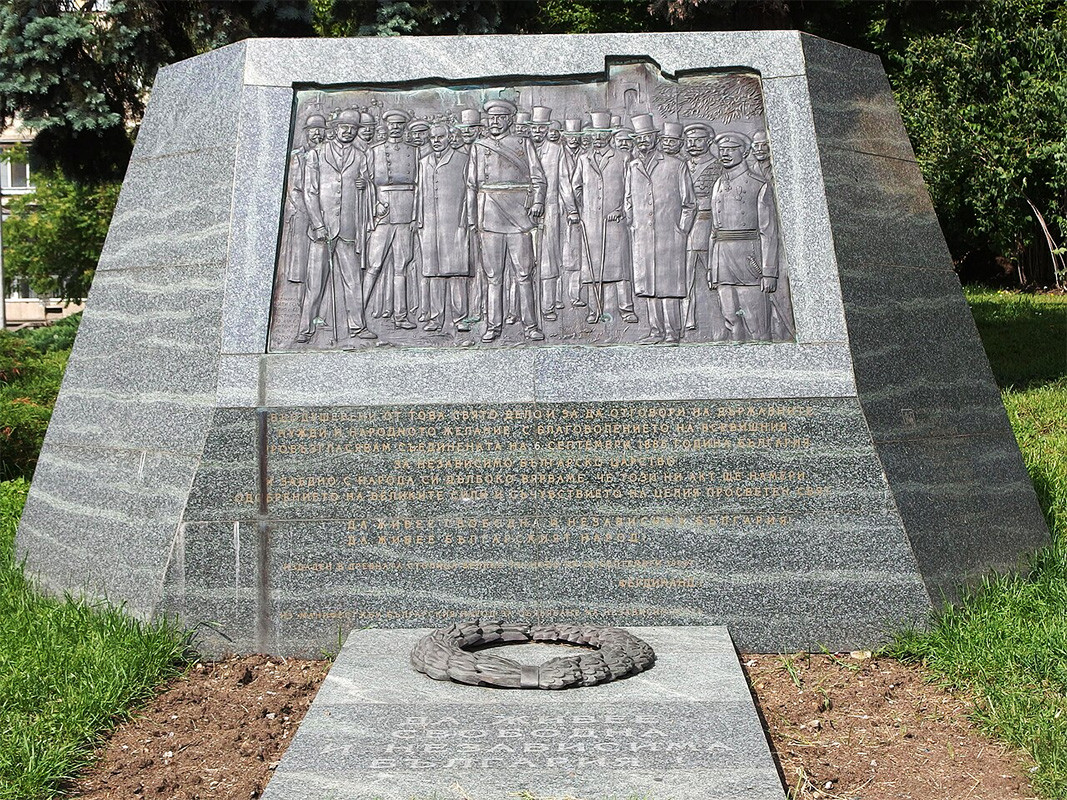
The independence of Bulgaria was proclaimed on 22 September, 1908. After the most audacious independent act in Bulgarian history – the unification of Eastern Rumelia with the Principality of Bulgaria – Bulgarians once again demonstrated the power of unity and faith in their own capabilities. This day is marked as an official state holiday and is a symbol of the change in Bulgaria’s international legal status. It marks the transformation of Bulgaria from a vassal state to a free and sovereign entity in international relations. That is the briefest description of Independence Day which even the Bulgarian students around the world learn from their history books. But historians are the people who can guide the public through the tangle of facts, individuals and global political processes.
“Independence Day is one of the most important days for Bulgarians because it is the day when full statehood was attained,” says historian Prof. Nikolay Kanev, Deputy Rector for Scientific Research and Artistic Activity of the University of Veliko Turnovo Sts. Cyril and St. Methodius. We talk to him about the importance of Independence Day:
“In the public mind the date that stands out is the day of Bulgaria’s liberation from 5 centuries of Ottoman domination. Yet, though that marked Bulgaria’s resurrection, it was still incomplete, a vassal state to the Sublime Porte. Independence Day (1908) is the date when Bulgaria became a state in the full sense of the word, because it was not subordinated to anyone else, it did not pay any taxes to its suzerain, as had been the case before that – to the Ottoman Empire. So that 22 September is the day on which we should feel particularly proud of having achieved something like this.”

At the centre of the events at the time was Bulgarian Prince Ferdinand, alongside Prime Minister Alexander Malinov. It is to them that we owe the Manifesto which the prince read out in the 40 Holy Martyrs church in the old capital of Bulgaria Tarnovo. “With the proclamation of the country’s independence, from Prince, Ferdinand became Tsar of Bulgarians but there is one more thing that is very important – for Bulgarians, this act ushered in full freedom, and at the same time this Manifesto also targeted the Bulgarians who had been left outside the boundaries of free Bulgaria,” Nikolay Kanev says.
Historians often delve into the details of historical events, but Prof. Nikolay Kanev takes a look at the global map of geopolitical interests, and there he sees the reason for the ruination of the Bulgaria dream:
“Nobody had an interest in a united Bulgaria, because a united Bulgaria was big, and the emphasis was on that danger. But the problem was not so much in the size and the power of the country, the problem was that a united Bulgaria was bound to become an unavoidable factor in European politics for purely geopolitical and economic reasons. A united Bulgaria – from the delta of the Danube to Western Thrace, and reaching close to the approaches of the Adriatic, in practice meant that no world trade towards Europe and the Middle East could bypass Bulgaria, nor could the political interests of the different global players come to pass without taking into account the role of Bulgaria.”
Photos: Ivan Bazov, Gergana Mancheva, wikipedia.org
A guidebook to the major Christian pilgrimage routes in the country was presented during the first national conference dedicated to pilgrimage tourism in Bulgaria, attended by Minister of Tourism Miroslav Borshosh, Metropolitan Anthony of Western and..
An album showcasing traditional folk costumes from the seven regions of the Wallachia area in Romania was presented at the Giurgiu County Museum. The catalogue, titled Ethnographic Collection of the “Teohari Antonescu” Museum in Giurgiu – Folk..
A gold coin minted during the reign of Emperor Justinian I, ruler of the Eastern Roman Empire, was discovered during excavations at the Tuida Fortress near Sliven. According to Associate Professor Dr. Nikolay Sirakov, Director of the Regional History..

+359 2 9336 661
